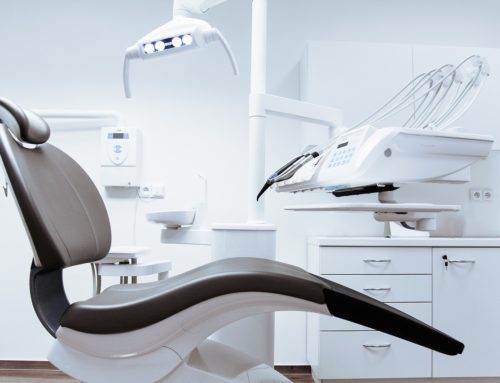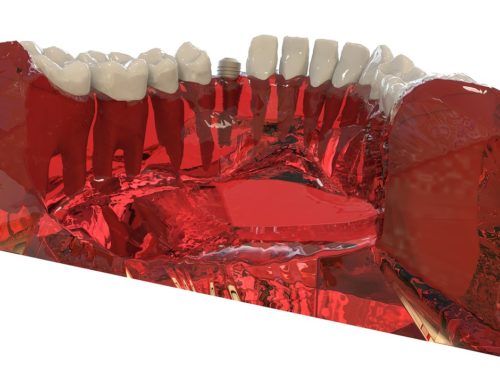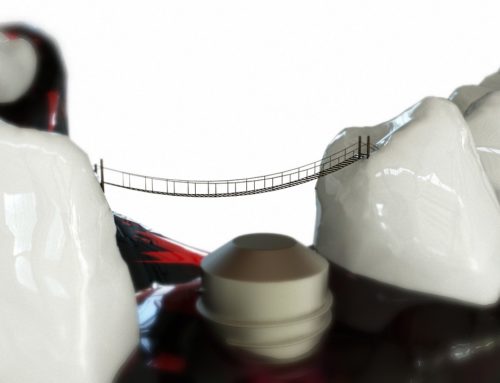Your Philadelphia-region oral surgeon has performed many teeth extractions in the course of his career, sometimes a single tooth extraction, sometimes removing multiple teeth. Such drastic course of action is prescribed for very serious conditions, usually for patients in serious discomfort or pain (or at serious risk of either).
Here are a few of the most common reasons for tooth or teeth extraction:
Teeth Crowding
Teeth crowding can often be found in small mouths, which cannot easily accommodate adult teeth and may consequently force an emerging tooth to become misaligned or even block adult teeth from coming in altogether. Sometimes braces or other orthodontic techniques cannot address such problems. If teeth crowding remains unattended, it can lead to pain and even to problems with speaking and eating.
Severe Decay or Damage to a Single Tooth
This condition results when a tooth has undergone severe decay, or when it has been seriously damaged, perhaps in an accident. Often, the tooth that remains lacks sufficient structure for successful dental restoration, so it makes more sense simply to remove it.
Infection
When a tooth’s interior pulp chamber is infected and that infection has spread too far, it may be advisable to remove the tooth rather than try and save it. Usually, the first course of action in cases of infection is a root canal, which will save the tooth. But when an infection has generated more damage than a root canal can successfully contain, the best step is to extract the infected tooth to avoid the further spread of infection and relieve any pain.
Gum Disease
Some stages of gum disease are so serious that an affected tooth cannot remain in place. At its most serious stage (advanced periodontitis), gum disease may lead to gum recession and extreme gum swelling. Another consequence is that teeth in the affected area may become loose, requiring tooth extraction.
Tooth Extraction: What a Patient Can Expect
Since the tooth extraction procedure is surgery, patients will receive an anesthetic (whether local or general will be determined by the patient’s oral condition and that patient’s particular needs). Gum tissue will usually need to be removed in order to facilitate the tooth removal. Should a tooth pose especially challenging to extract, the oral surgeon may break the tooth into separate pieces in order to expedite the process.
If you are concerned that you or a family member may require a tooth extraction, please contact my Bala Cynwyd office for an oral surgery consultation.
Take the Next Step
Want to learn if a Tooth Extraction is right for you? Schedule a consultation at Dr. Farole’s Facial Cosmetic Surgery Center in Bala Cynwyd, PA by giving us a call at (610) 668-3300 today.
Source
Oral and Maxillofacial Surgery Associates






